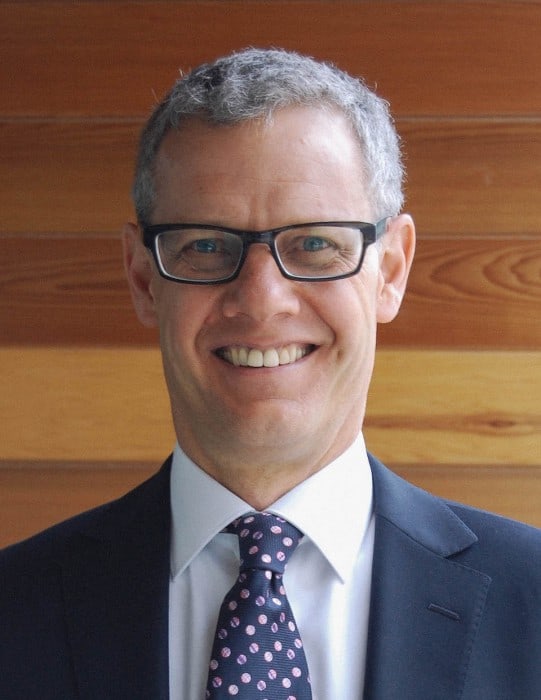William Robins, an English professor with a research focus on the production and transmission of vernacular literary texts in 14th Century England and Italy, is the new president of Victoria University in the University of Toronto.
For Robins, many people now seem to be questioning the value of studying humanities in university, adopting an instrumental view of education in troubled economic times. “Many only realize the value of the higher education they have had, when they reach their 40s and look back their lives,” he explained. “We should not use the first job, in which a student is employed after graduation, as the sole measure of success of the education the student has had in university,” he warned.
Online learning is on the rise and many universities have embraced the trend, offering courses, or parts of courses, online. Robins said that online education cannot replace teaching in a small-class setting. “A large part of learning depends upon the face-to-face interaction between students and faculty members,” Robins said “[A] small class environment allows professors to respond nimbly to students’ interests,” he explained. “In fact,” he added, “small-class learning will become even more valuable.”
Victoria College pioneered the popular series of seminar courses for first-year students — the Vic One program — and has expanded its offerings to studies beyond the humanities and into the sciences. Similarly, the Vic 100 seminars seek to provide first year students with the chance to learn in a small-class setting. The success of the first Vic One program was a catalyst, which let to the broader implementation of small-class teaching for first-year students through the creation of One programs in the other colleges at U of T, and the now comprehensive list of first-year seminars.
“It is the academic mission of Victoria College to create interesting settings, in which students can put their academic learning to work,” said Robins, explaining that college’s effort to create a dynamic learning environment for students that goes beyond learning in the traditional setting. Robins cited the innovative Ideas for The World programme, which has expanded from six courses in 2011 to 11 courses in the coming fall. It consists of a broad range of free courses, categorized by themes, ranging from Science in Society to Theatre for Thought. The programme seeks to provide a “forum for students and members of the community to discuss ideas that matter.”
With his strong conviction in the importance of humanities and the implementation of multi-pronged approaches to sharing and creating multi-disciplinary knowledge, Robins hopes to lead Victoria College to continue its innovative research and teaching programs.
Correction: An earlier version of this article stated that Professor Robins had been appointed president of Victoria College. His official title is actually president of Victoria University in the University of Toronto, given that Victoria is an incorporated degree granting institution within U of T. The Varsity regrets the error.


